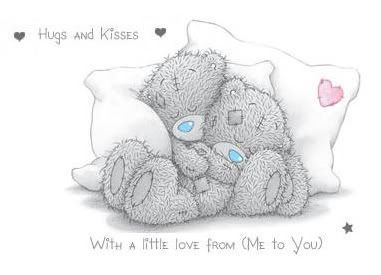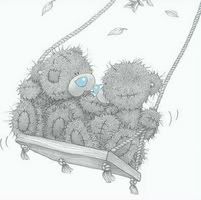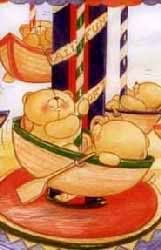Happily Ever After?
“… for better for worse, for richer for poorer …”. It is certainly much easier to go through life with someone by your side, sharing every one of your burdens with you. Joys are also not meant to be experienced alone. Picture getting a long deserved promotion and a big raise, and then going home to an empty house, with nobody waiting to hear your piece of good news. Humans were not meant to walk this earth alone, and in marriage they find companions for life.
When a man marries a woman, he agrees to stay with her “in sickness and in health”, agreeing to shoulder the responsibility of standing by the other, whatever problems they encounter. If one were to abandon one’s spouse simply because one suddenly had to take care of him or her, or due to the fact that he/she no longer earned as much as before, what kind of human would one be? Furthermore, a divorce tends to adversely affect the children, who are seldom the actual cause of the breakup.
Thirdly, the couple has agreed “To have and to hold, from this day forward … till death us do part.” In making such a promise, they willingly enter a contract that binds them for the rest of their life. Article 16 of the Universal Declaration of Human Rights states that “marriage shall be entered into only with the free and full consent of the intending spouses”; thus, as neither party was forced into marriage, both should fully consider what it entails before signing on the dotted line. After they have taken their vows, a couple should honour them and stay together for the rest of their lives.
On the flip side, there are unhappy marriages — marriages in which one or both spouses have extra-marital affairs or where spousal abuse is present. In such cases, many are of the opinion that the abused should be relieved of his/her vows so that he/she can pursue his/her own happiness, or that marriages cannot be salvaged after adultery has been committed. If such a situation arises, it would be good if the parties involved could take a step back and think about the day they got married. Surely there must be a reason they chose that particular person to spend the rest of their life with, and also a reason why the other person chose them. Love can be rekindled if people want to try; to err is human, to forgive divine.
“To have and to hold, from this day forward, for better for worse, for richer for poorer, in sickness and in health, to love and to cherish, till death us do part.” — this common vow holds the answers as to why marriage should be for life. If artistes such as Colin Raye and Savage Garden can sing about “love surviving death into eternity”, I do not see why a man and a woman joined in matrimony cannot honour their pledge to spend their lives on earth together.



